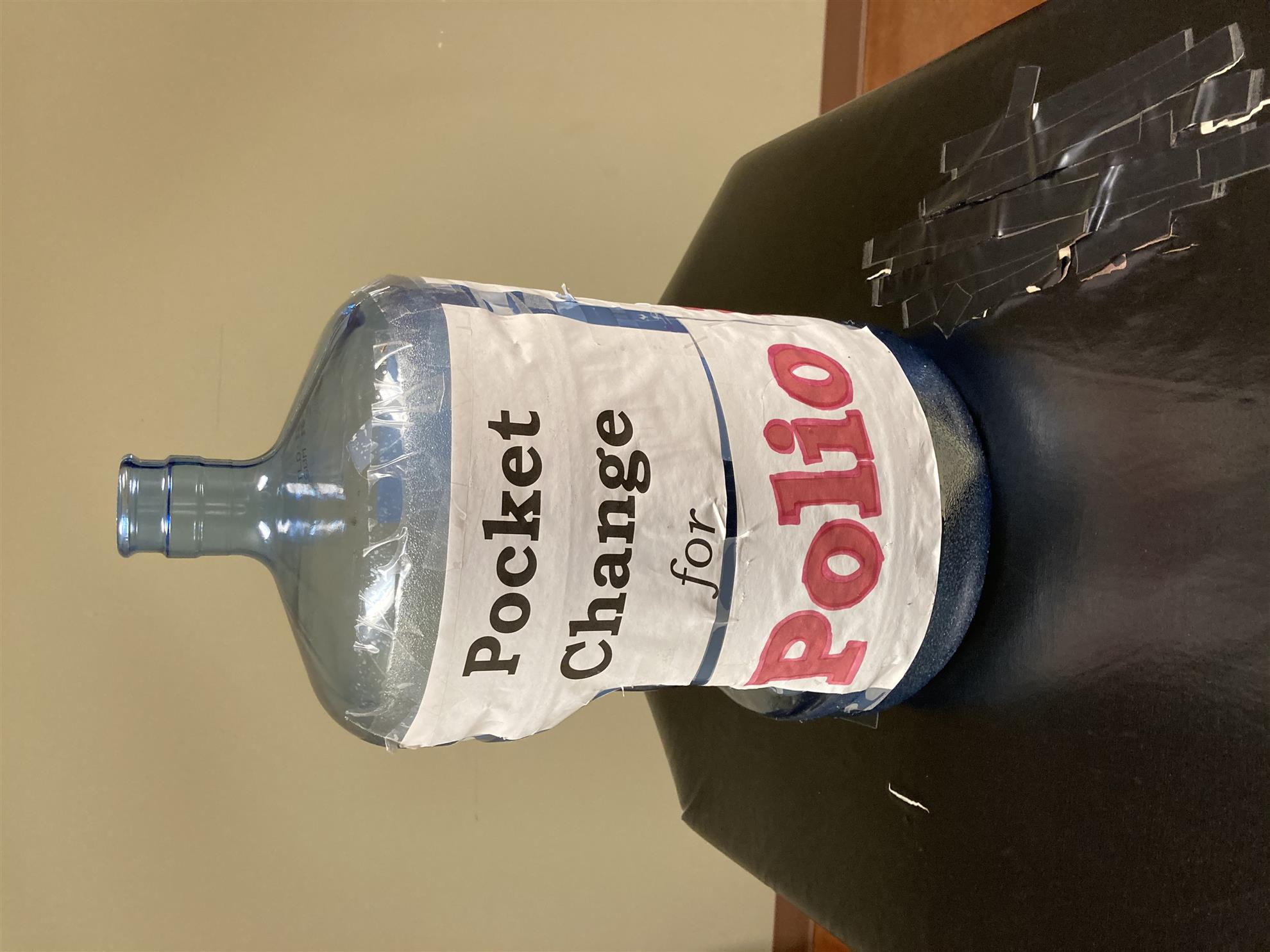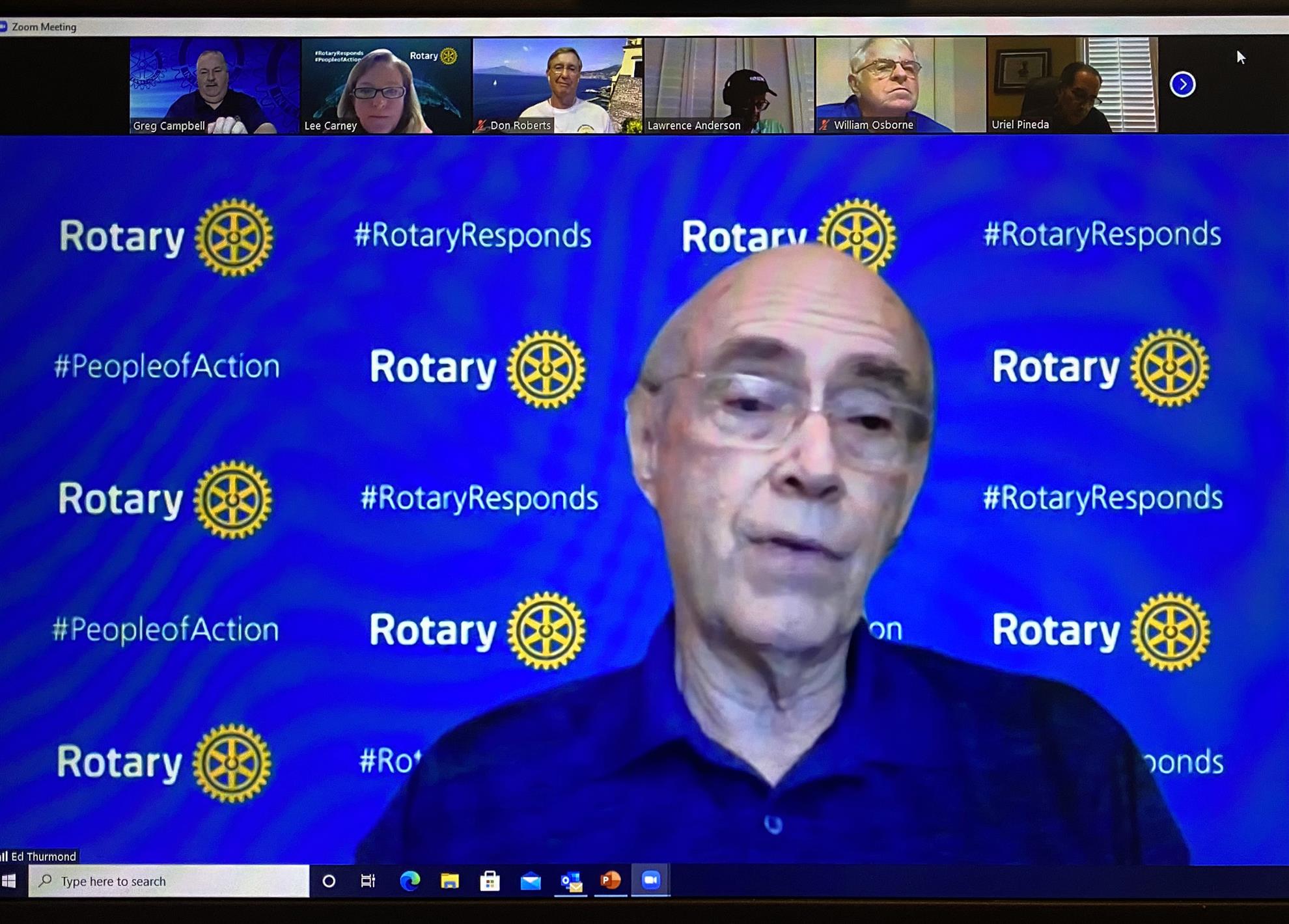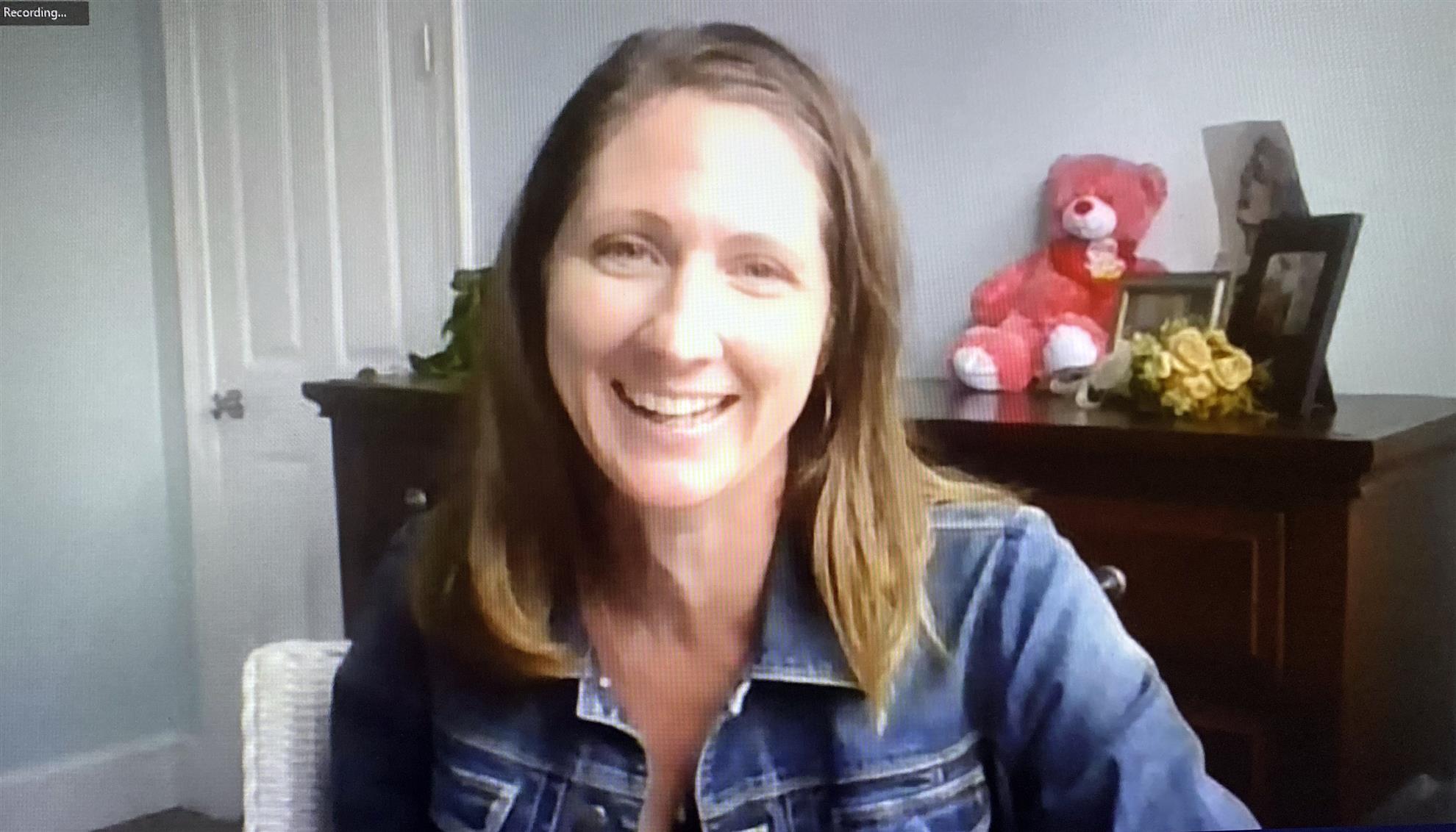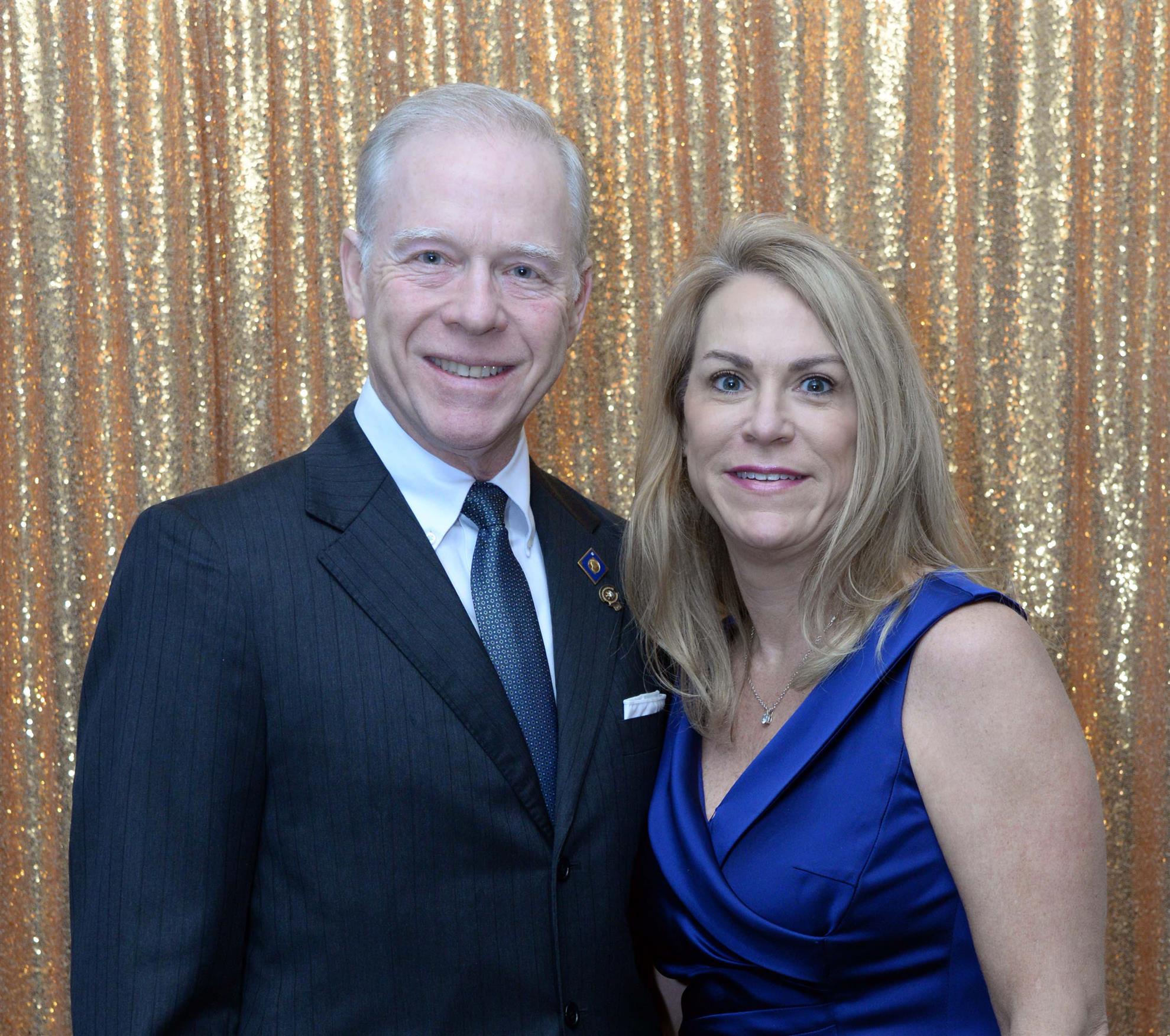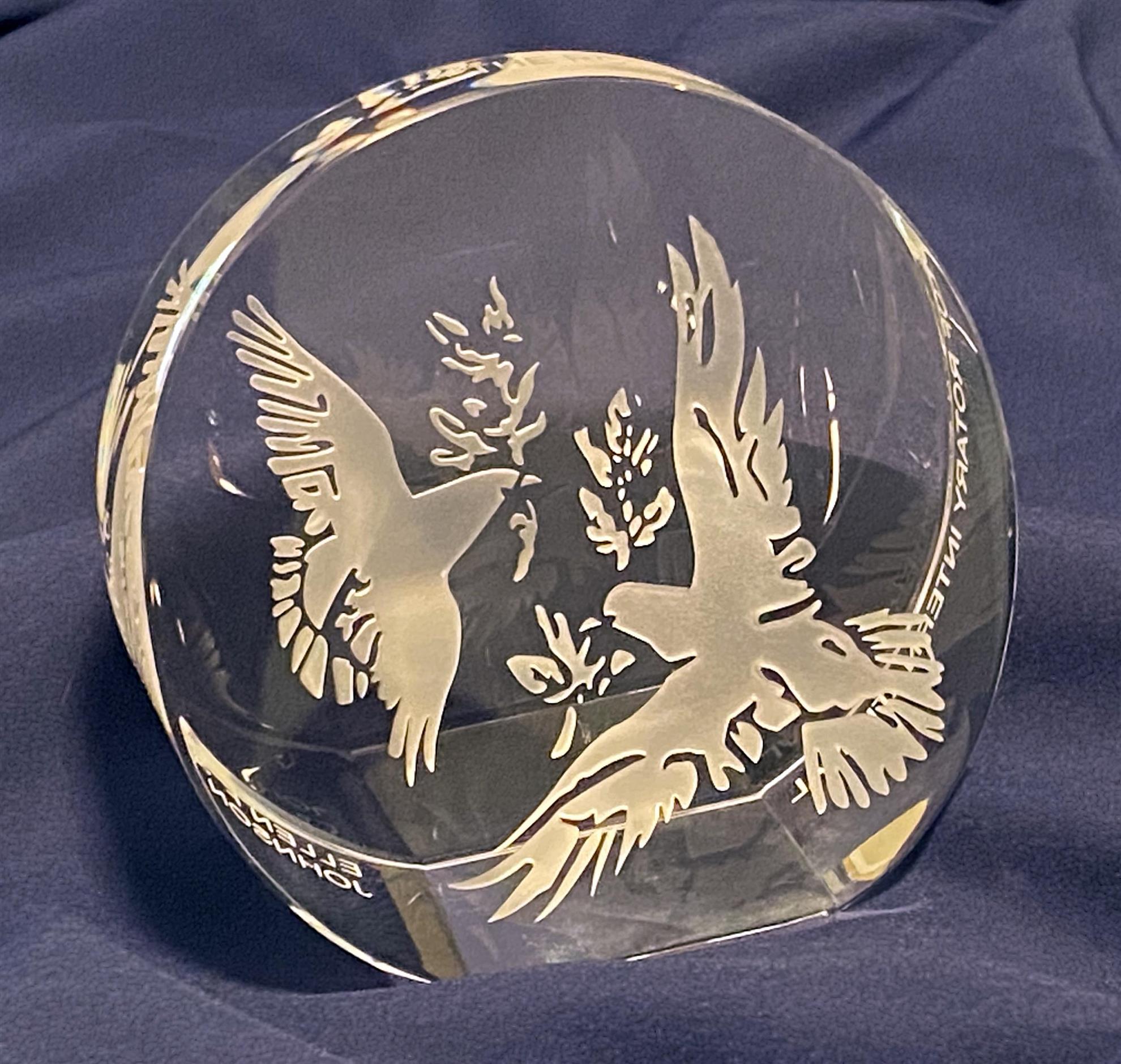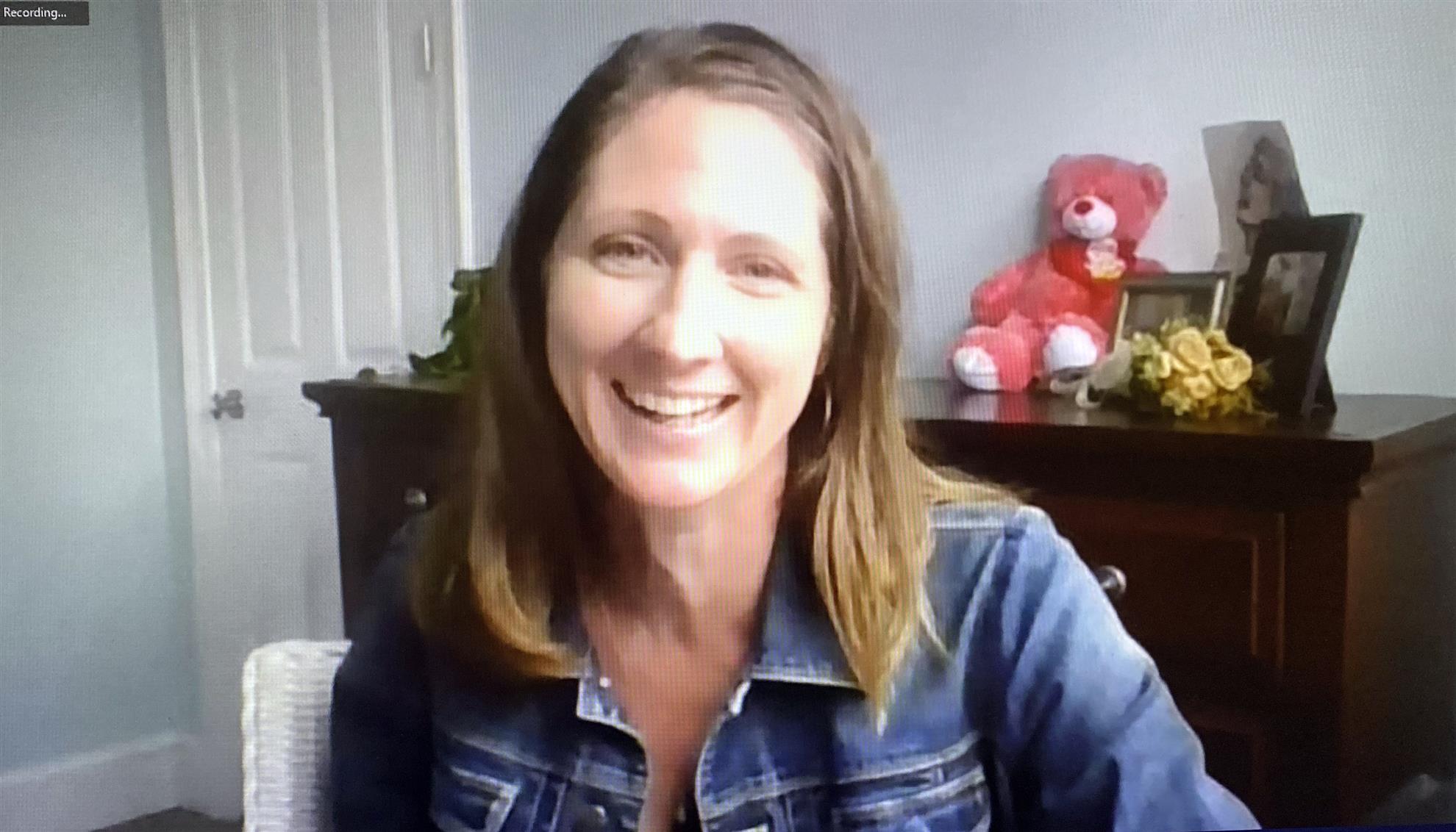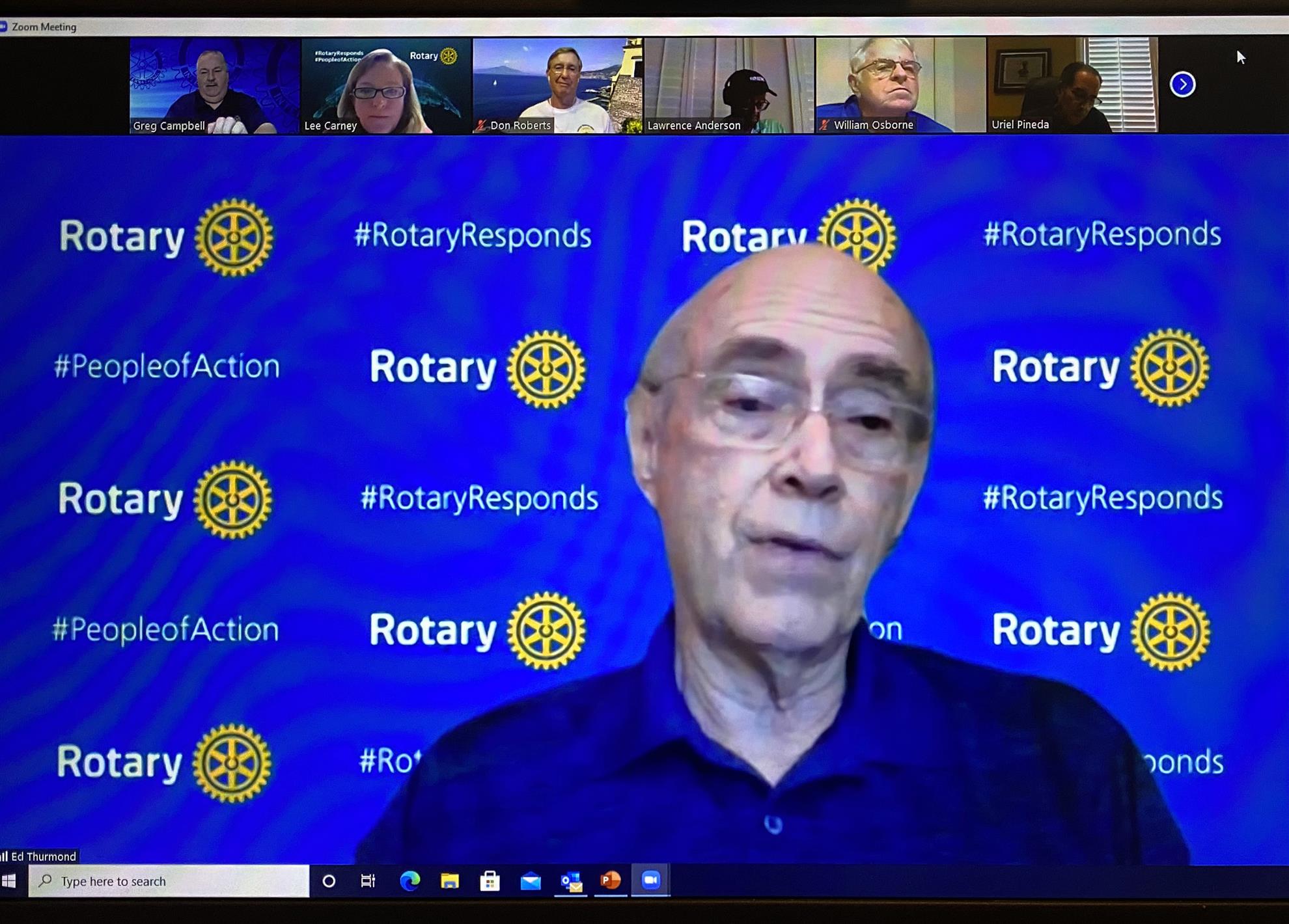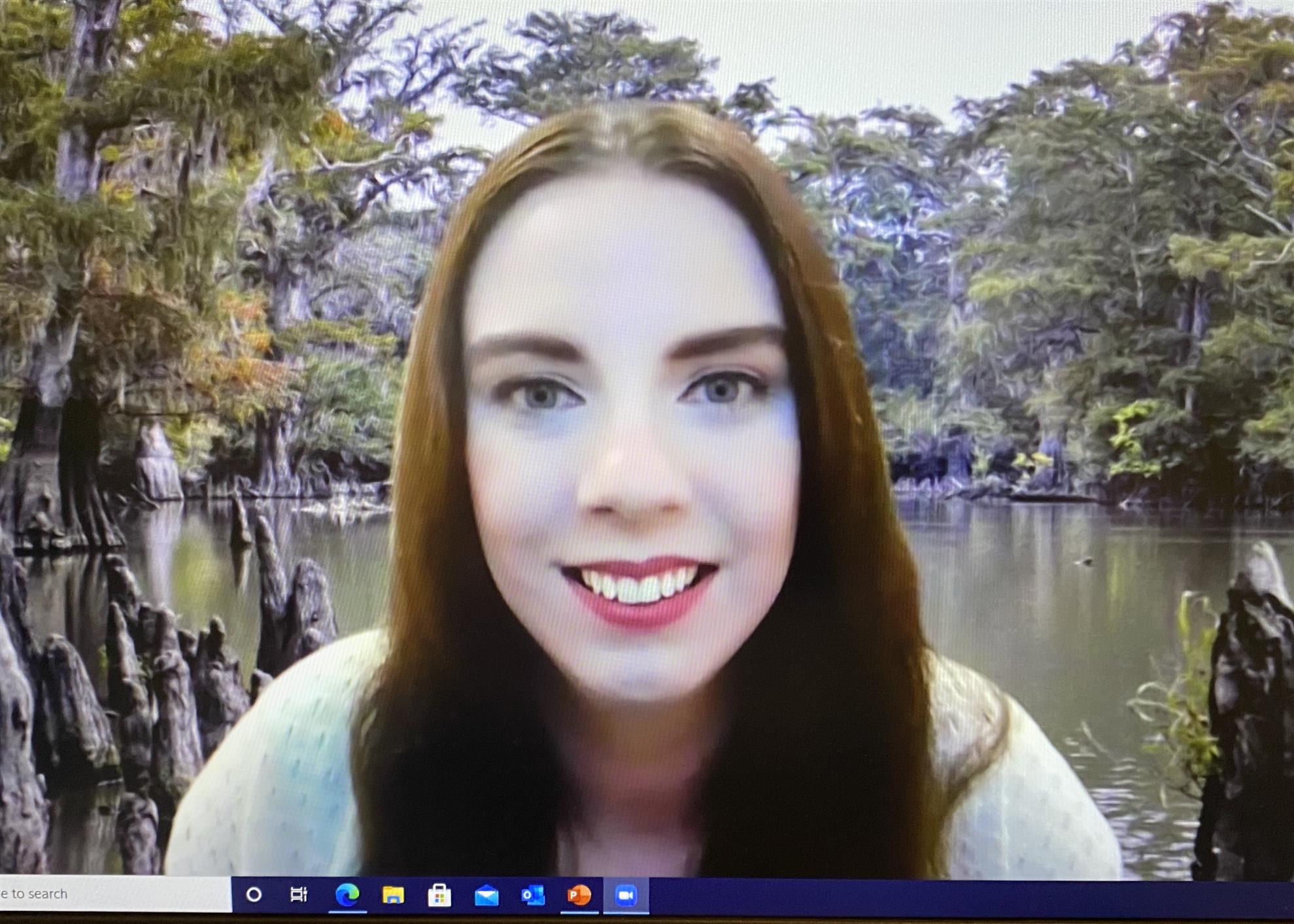This Week's Rotary Foundation Thought is about facing the challenges of COVID-19, Rotary clubs and partner organizations are finding new ways to support access to education
by Arnold R. Grahl
Recognizing that education is a pathway out of poverty, Rotary and other organizations have made significant progress in increasing access to learning in communities around the world.
Parents who were already on the edge about sending their kids to school are just going to throw up their hands and not do it.
— Carolyn Johnson
Now, the COVID-19 pandemic is threatening to erase many of those gains. More than 91 percent of students worldwide have been impacted by temporary school closures, according to the United Nations. By April, close to 1.6 billion young students were out of school.
Some experts fear school closures and the loss of some family incomes could keep children out of school indefinitely. “We have worked so many years to get kids in school, get them enrolled, and get them to stay in school,” says Carolyn Johnson, a Rotary member from Maine, USA, who helps Rotary clubs design grants that support education. “This is going to put those efforts back years.
“Parents who were already on the edge about sending their kids to school are just going to throw up their hands and not do it,” she adds. “They are literally starving and need the money their kids can bring in working.”
-
91%
students worldwide impacted by temporary school closures
Mary Jo Jean-Francois, Rotary International’s area of focus manager for basic education and literacy, believes that the pandemic’s impact on education will continue long after the development of a COVID-19 vaccine.
“Many kids are at a high risk of never going back,” she says. “That is a huge concern for the education community.”
Education is no easy task
The UN Sustainable Development Goals, a blueprint for creating a more just world, has named “quality education” as its fourth goal. One target of that goal is ensuring that by 2030, all children have the means to complete a “free, equitable, and quality primary and secondary education.”
It’s a monumental goal. Even in the best times, educating children is far more complex than just getting them into a classroom. Are the teachers regularly trained? Do the children have access to proper nutrition? Are they physically healthy and well enough to learn? Does the school have adequate sanitation? Is there a safe, reliable way for teachers and children to get to school? Are there issues at home? Can parents help with homework? Does the family’s need for income mean the child is working instead of being at school?
The school closures, job losses, and need for physical distance have further complicated things.
Fortunately, Rotary has a history of tackling the world’s most challenging issues. Members, some with years of experience in education, are addressing the needs that lie ahead.
In Guatemala City, Guatemala, Rotary clubs are partnering with clubs in the U.S. and Canada to help children and their families who live off what they find in the city’s huge garbage dump. The project is just one example of organizations pivoting to meet the challenges imposed by the pandemic, including supporting remote learning.
Opportunities for the poorest children
Safe Passage, or Camino Seguro, was founded 20 years ago by a teacher from the U.S. to offer tutoring, nutritious snacks, and care for the poorest children, as well as a drop-in center for children who worked at the dump. Supported by Rotary clubs that have supplied resources and teacher training, the program has kept growing and now includes several schools for children in kindergarten through eighth grade.
Trae Holland, executive director of Safe Passage, says the program uses a learning model that is student-centered, is based on inquiry, and that emphasizes experiences and participation.
“Research is really clear on this,” says Holland. “For marginalized and at-risk populations, you can’t just put a child in a classroom and lecture them. They have to experience the learning themselves.”
Additional services provide nutrition and counseling to children and their families. Mothers can learn crafts and entrepreneurial skills. And an adult education program teaches parents so they can help the students learn at home.
When the pandemic reached Guatemala City in mid-March, officials closed the garbage dump, and Safe Passage had to reinvent its programs overnight.
“Our immediate emergency response included a triad of needs — food, medicine, and a way to communicate with families,” Holland says.
Three main needs
To supply food to students and their families, Safe Passage connected with Esther Brol, a member of the Rotary Club of Guatemala La Reforma, who has been coordinating a massive food distribution program throughout the city with her network of Rotary clubs and the United Way. The Rotary clubs raise money to buy nutritious food and pack the items for delivery. The food bags have reached 40,000 people so far, including more than 400 families who work in the garbage dump.
Other Rotary clubs donated money so Safe Passage could buy rechargeable food cards that families can use at grocery stores.
To help people access health care even with clinics closed, Safe Passage created a telemedicine program — the first of its kind in the city. Cooperating pharmacists will accept photos of written prescriptions that are sent to parents via smartphone. Families have formed small groups to share smartphones with others who don’t have one.
But the biggest change has been communication with families and its effect on education.
“We lost our most important asset, which was face-to-face contact with our students and hands-on learning,” Holland says. “It’s easily the most challenging thing we’ve had to do, reinventing our curriculum into a new form using the tools our families had access to.”
Teachers use data plans funded by Rotary club donations to record their lectures on smartphones to send to the families. Children receive homework packets with their food deliveries that include experiments they can do at home. Students can use WhatsApp to send questions about their homework to the teachers. Instructors use voicemail to answer questions and send photos of solutions to math problems.
“It’s not optimal,” Holland says. “But the pride the teachers have taken in being able to evolve so quickly with the tools we have is immense.”
Remote learning and technology
Like many schools worldwide, the pandemic forced Safe Passage to address an issue it’s been debating for years: how to best integrate online or remote learning into its education plans. Most remote learning involves technology like tablets. But the area’s lack of internet access, as well as security concerns like theft, make distributing technology for students to learn at home a daunting task.
Holland says students will be at a disadvantage in today’s workplace if they don’t have access to digital tools. At the same time, students benefit most when technology is integrated into the entire curriculum, not just provided through a mass distribution of laptops.
“Blended learning is a combination between technology and face-to-face classroom learning,” says Holland. “It’s not a bolt-on solution. If you see technology as this cool thing you just bolt on to an existing curriculum, you are in big trouble.”
If you see technology as this cool thing you just bolt on to an existing curriculum, you are in big trouble.
— Trae Holland
Jean-Francois agrees.
“A lot of grants will include purchasing laptops or tablets. But education is a lot more complex,” she says. “We need to use this time and lean into developing teachers in new ways we haven’t thought of before. We can’t just assume that if we give them a tablet and instructions, they are going to know how to use it, and we shouldn’t expect they are going to know how to effectively teach children with it.”
With the unpredictability of the pandemic, many schools will be making the same kind of decisions in the coming year. But Johnson, the Rotarian who helps clubs design education grants, cautions against moving too quickly to “reinvent education.”
“We need to figure it out, but figure it out one step at a time,” says Johnson. “You have to know what people are able to accept and use — cognitively, socially, and emotionally. Determine that, then move forward.”




